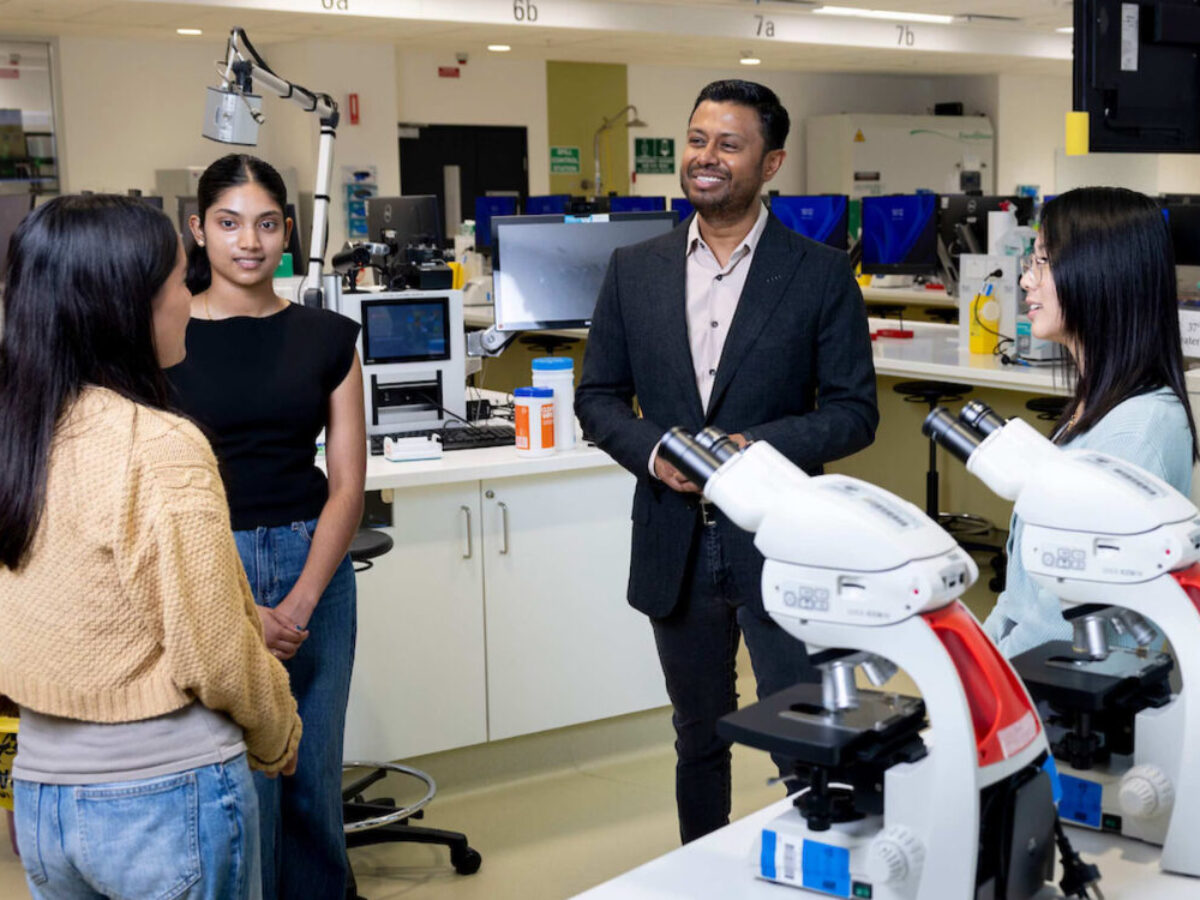The federal government's Free TAFE bill is a step closer after passing the House of Representatives on Wednesday afternoon, prime minister Anthony Albanese said. According to the statement, legislation will lock in a coordinated approach with states and territories to address local and national skills shortages, with the Free TAFE program having started in January 2023 and seeing close to 600,000 enrolments, including over 170,000 young Australians, 124,000 job seekers and 30,000 First Nations Australians. “Free TAFE opens doors and gives Australians one of the greatest opportunities they have – not just to fulfil their potential, but expand it, said Albanese. “And in the process, Australia fulfils more of its own vast potential.”
Novel solution for cooling anti-drone lasers
The federal government-funded Australia's Economic Accelerator program has published a new case study this week, concerning Researchers at the University of Technology Sydney (UTS) working with industry partners on thermal management for lasers for defence. The work was awarded an AEA Seed grant and led by Associate Professor Nick Bennett. Bennett's team is using phase-change material (PCM) to absorb heat created quickly by high-powered lasers used intermittently, for example to protect defence personnel from the threat of drones, using a heat exchanger the size of a suitcase rather than a shipping container. “We had previously demonstrated this capability in the lab and on the small-scale, but this AEA project is allowing us to validate the performance of a full-scale prototype with higher heat loads, representative of laser technologies to be developed over the next decade,” said Bennett. The case study can be read here.
Picture: Robin Khuda with undergraduate STEM students, (left to right) Loretta Payne, Anandikaa Ramesh and Samantha Jap (credit University of Sydney)






